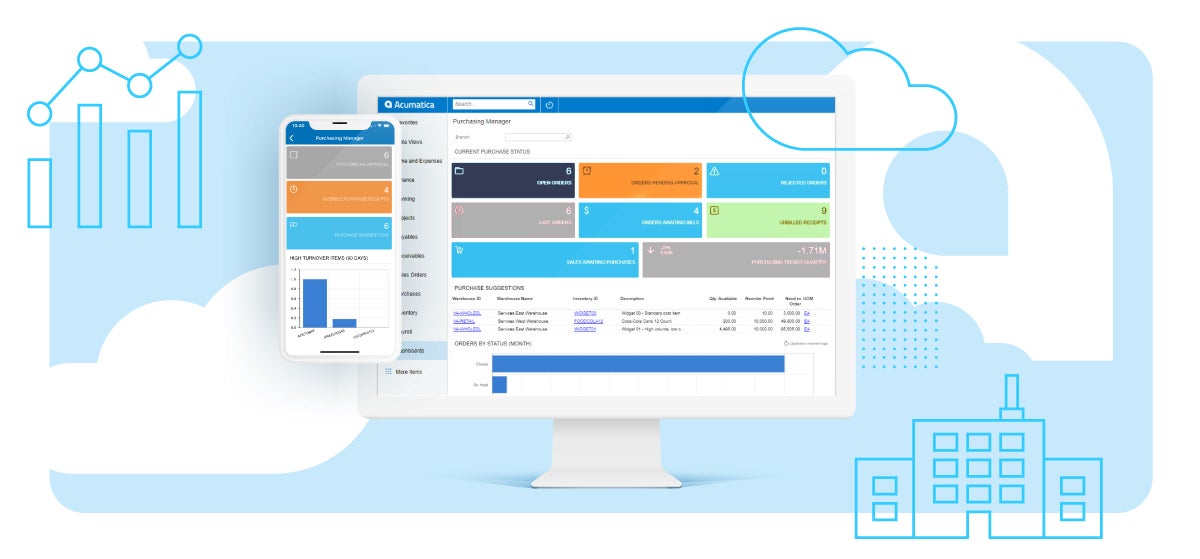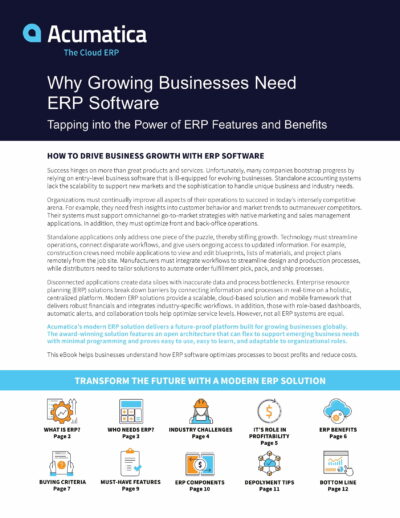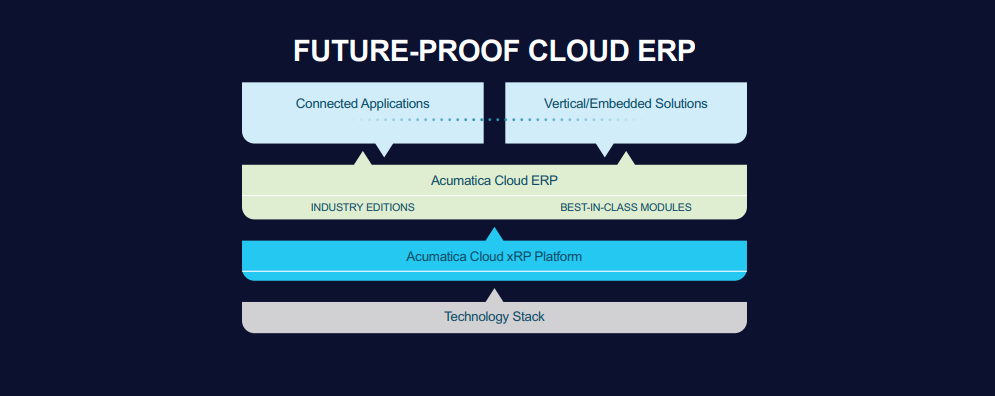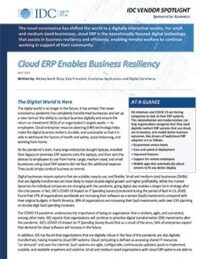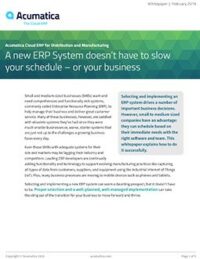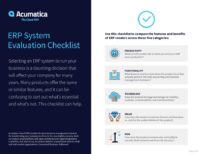Why You Should Implement a Cloud ERP Solution?
Small and midsized businesses (SMBs) are no strangers to a competitive marketplace and a turbulent economy. These circumstances ebb and flow in severity, but they consistently add layers of operational complexity that negatively impact your efforts to improve performance, boost efficiencies, and increase profitability—unless you implement a cloud-based ERP solution. The right cloud ERP solution automates and streamlines your critical business functions and acts as a central repository of your business-wide data, providing you and your team with a “single source of truth.”
As internal and external challenges inevitably arise, a cloud ERP solution is the tool that can help you overcome each one. But perhaps you’re wondering why a cloud ERP solution is the best choice for SMBs and not an on-premises solution.
Let’s examine the differences between on-premises and cloud ERP solutions—and the benefits of cloud ERP—to find out why.
